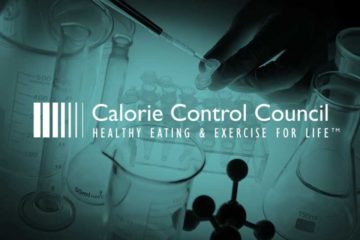

The study entitled, “Artificial Sweeteners and Cancer Risk: Results from the NutriNet-Sante´ Population-Based Cohort Study,” attempted to evaluate any association between low- and no-calorie sweetener (LNCS) intake and cancer risk. However, the reported findings of this study are in contradiction to the totality of evidence and the numerous global health...
Read More
A manuscript entitled, “Low- and No-Calorie Sweetener Intakes in the Brazilian Population Estimated Using Added Sugar Substitution Modelling” has been published in the Food Additives & Contaminants: Part A journal. Given the lack of data available on replacing added sugars with low- and no-calorie sweeteners (LNCS) in foods and beverages...
Read More
By Dr. Berna Magnuson Introduction Low- and no-calorie sweeteners (LNCS) are widely approved for use in foods and beverages to provide sweetness with no or few calories and no increase in blood glucose levels. The safety of these ingredients has been intensively investigated and assessed by authoritative bodies globally. When...
Read More
May 8, 2018 -- A recent peer-reviewed article evaluated the reliability of the available literature investigating possible links between aspartame and cancer and the results are in: studies linking aspartame to cancer scored as “not reliable” according to an internationally recognized grading system for scientific research. How the review was...
Read More